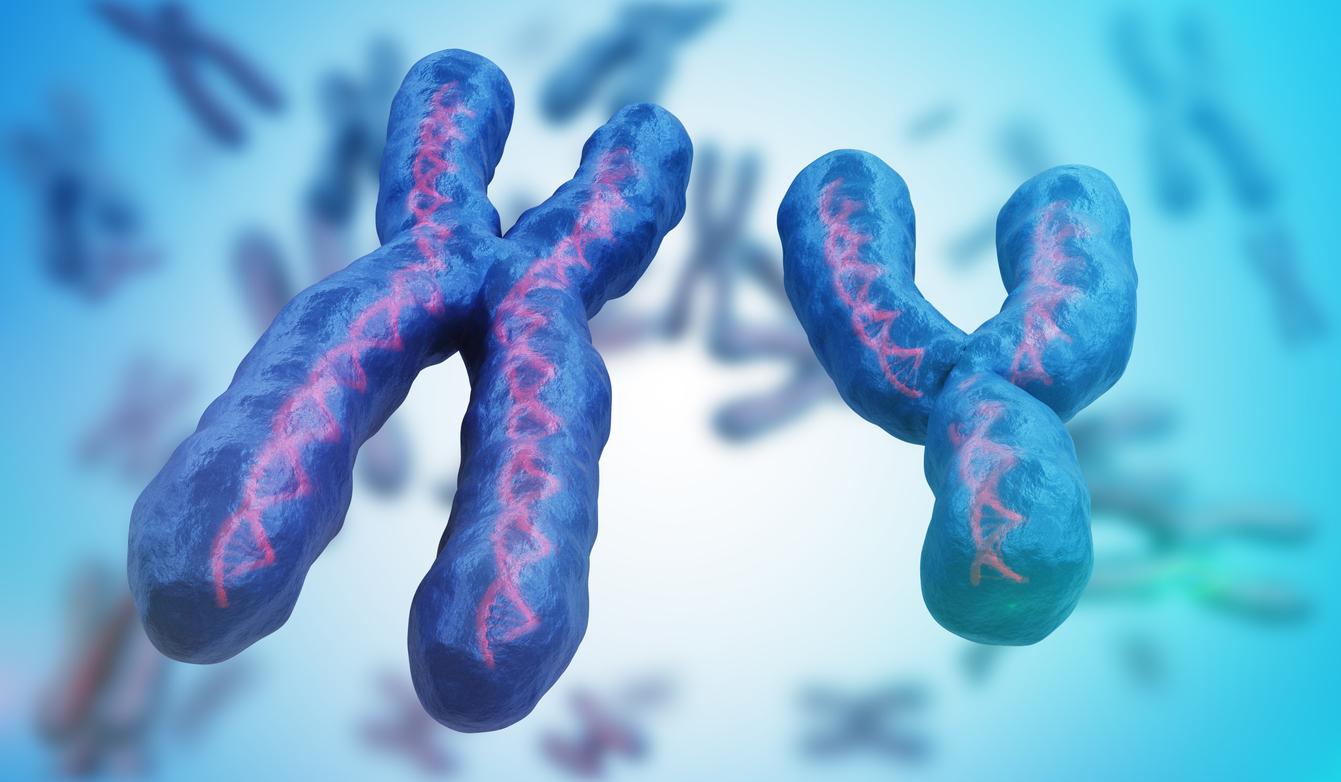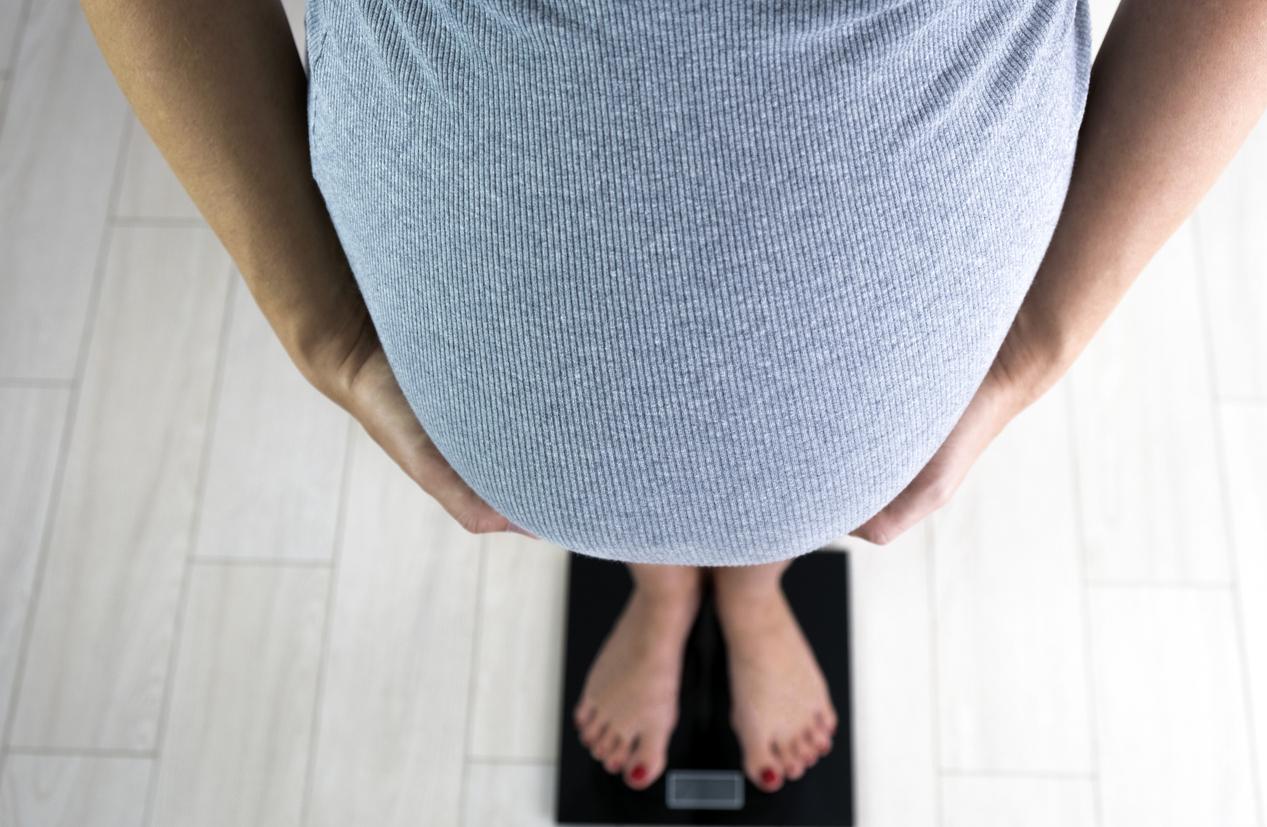American research has recently observed that the transfer of healthy intestinal bacteria could attenuate the behavioral and cognitive manifestations linked to autism.

- It is considered that one in 160 people has an autism spectrum disorder, according to the World Health Organization (WHO).
- Autism spectrum disorders are linked to abnormalities in neurodevelopment.
Autism spectrum disorders can be characterized by alterations in social interactions, difficulties in communicating or even unusual sensory reactions. “The abilities and needs of people with autism are variable and may change over time. While some people with autism are able to live independently, others have severe disabilities that require lifelong care and support.”explains the World Health Organization (WHO).
The transfer of a healthy microbiota improved the manifestations of autism
In a recent study published in the scientific journal International Journal of Molecular Sciences, researchers have observed that the transfer of healthy intestinal bacteria to children suffering from autism could improve their behavioral and cognitive disorders.
For the purposes of this research, scientists from Arizona State University (USA) examined data from more than 5,272 bacterial species present in the intestines of children with an autism spectrum before and after the transfer of healthy intestinal bacteria.
The procedure consisted in transferring the intestinal microbiota, which is all the micro-organisms living in the intestine (bacteria, fungi, viruses), from healthy donors to autistic children aged seven to sixteen. This clinical trial lasted seven to eight weeks. The researchers then compared these initial results with the bacterial populations present in the intestines of healthy children.
Autism spectrum disorders: positive results 2 years after treatment
Following the microbiota transfers, the results showed a considerable improvement in the number of intestinal bacteria in children with an autism spectrum.
Two years after the end of treatment, a follow-up study was carried out. The scientists noticed a sustained improvement in gastrointestinal symptoms and behavioral and cognitive signs in the 18 patients included in the clinical trial. The transfer of microbiota therefore reduced the severity of gastrointestinal manifestations by 80% and the intensity of symptoms associated with autism by 24%. Currently, the researchers are preparing the second phase of the study.

















